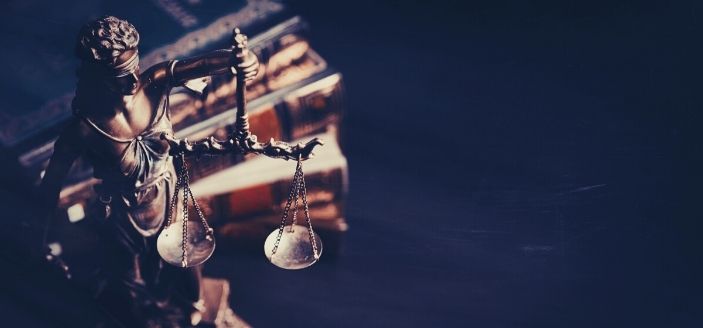14 Mar Injunction for the prohibition of public nuisance

Injunction for the prohibition of public nuisance
by George Coucounis
“The lawsuit is filed by the Attorney General or a person who suffered a special damage”
THE activities of every individual, the state and the public authorities must be such as to respect everyone’s right to enjoy a comfortable life both at their place of residence and their place of work. Actions, acts, behaviours and even omission in the execution of a legal obligation constitute a nuisance, which may be public or private prohibited by law. Public and private nuisance is considered to be the one that adversely affects the reasonable comfort and easy life of a social group or the personal enjoyment of the property of a person and his family. It depends on the facts of each case, the character of the area, whether it is day or night and the duration of the nuisance. Compensation and the issuance of an injunction is the remedy usually provided in these cases if it is proven that there is a causal relevancy between the injurious effect and the display of conduct relating to the commission of the offence which caused the damage.
Article 45 of the Civil Wrongs Law, Cap.148, provides that a public nuisance consists of some unlawful act, or omission to discharge a legal duty where such act or omission endangers the life, safety, health, property or comfort of the public or obstructs the public in the exercise of some common right; provided that no action shall be brought in respect of a public nuisance, save (a) by the Attorney General for an injunction, or (b) by any person who has suffered special damage thereby.
The meaning of unlawful act which is used in the law regarding public nuisance is explained by the Supreme Court in a unanimous decision issued on 10.2.2022. The Court stressed that “unlawful act” does not presuppose an independent illegal act, separate from the nuisance itself in a particular case, which has the meaning of violating a specific legislation. The correct term given in the English text of the Law is “unlawful act” to the extent that it differs from the term “illegal act”. The Supreme Court referred to the Concise Oxford English Dictionary, where the difference is recorded as follows: “Illegal and unlawful have slightly different meanings. Something that is illegal is against the law, whereas an unlawful act merely contravenes the rules that apply in a particular context. Thus, handball in soccer is unlawful, but not illegal”.
The Supreme Court disagreed with the meaning of unlawful act as interpreted by the court of first instance that in order to substantiate public nuisance, it was required to be accompanied by illegality. In the context of public nuisance, the Court stressed, either as a criminal or civil offence, the term “unlawful act” means “an act not authorised by law”. Therefore, the term unlawful act in article 45 does not mean illegality in the sense of violating a specific Law, but it does mean that acts which constitute public nuisance are all unlawful acts.
In the present case, the court of first instance dismissed the application of the Attorney General for the issuance of an injunction prohibiting the operation of an asphalt plant, finding that no allegations were brought before the court under article 45. It considered that the alleged acts and/or omissions causing damage to the health of the public were not accompanied “by any unlawful act or omission of the respondents in the exercise of a legal obligation”. For this reason, it considered that the second condition for the issuance of the injunction was not substantiated, due to the absence of such evidence.
The Supreme Court disagreed with the aforesaid finding, noting that evidence had been brought before the court of first instance, according to which several of the residents showed symptoms due to the inhalation of the fumes emitted from the plant and due to the suffocating atmosphere created during its working hours. The Court concluded that no illegal act is required to be proven in order to prove public nuisance. It adopted the definition of nuisance with reference to Clerk & Lindsell on Torts, that “A public nuisance is defined as an act or omission which constitutes interference or harassment to a person in the exercise or enjoyment of a right which belongs to him as part of the public”. Consequently, the Supreme Court exercised its discretionary power and issued the injunctions, prohibiting the operation of the plant.